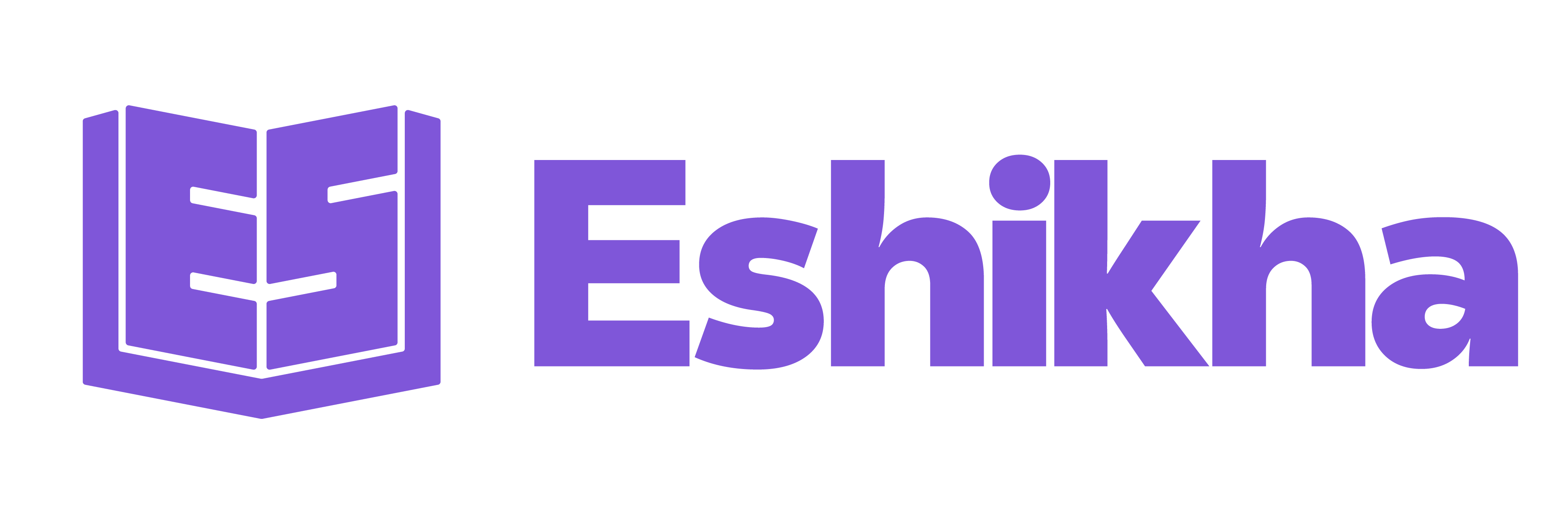The Blockchain Buzz
Have a limited amount of time? Listen to the blog.
by Rhythm Munshi Jan 13,2023

Blockchain technology has been making waves in various industries for the past few years and for good reason. This innovative technology has the potential to revolutionize the way we conduct business, transfer money, and manage our personal information. In this blog post, we will explore what blockchain is, how it works, and the ways in which it is already changing the world. We will also look at the potential future impact of blockchain on various industries and on society as a whole. First, let's define what blockchain is. At its core, blockchain is a digital ledger that records transactions in a secure and transparent way. It's often compared to a digital version of a traditional ledger, but with some key differences. Unlike a traditional ledger, which is typically maintained by a central authority, a blockchain is maintained by a network of computers. This network is decentralized, meaning there is no central point of control or failure. One of the most important features of blockchain technology is its use of cryptography to secure transactions. This is done through the use of digital signatures and public and private keys. When someone wants to make a transaction on the blockchain, they use their private key to sign the transaction. This signature is then sent to the network, where it is verified by other computers on the network using the sender's public key. Once a transaction is verified, it is added to the blockchain, creating a permanent and unchangeable record of the transaction. Perhaps the most well-known application of blockchain technology is in the creation of digital currencies such as Bitcoin. Bitcoin was the first decentralized digital currency, and it was created using blockchain technology. However, blockchain's potential uses go far beyond just digital currencies. For example, blockchain can be used in supply chain management to create an immutable record of all transactions in the supply chain. This can improve transparency and traceability, making it easier to identify and resolve issues in the supply chain. Similarly, blockchain can be used in the financial industry to create a secure and transparent record of financial transactions, potentially reducing the need for intermediaries such as banks. In the field of digital identity, blockchain can be used to create a decentralized system for managing personal information, giving individuals greater control over their own data. This can be especially important in countries where government-issued identification is not widely available or easily accessible. Blockchain-based digital identities can help people access services and benefits that they may not have been able to access before. Another area where blockchain is making an impact is in the field of smart contracts. A smart contract is a self-executing contract with the terms of the agreement written into code. This allows for the automatic execution of the contract when certain conditions are met. This can greatly increase the efficiency of contract execution and reduce the need for intermediaries such as lawyers. The healthcare industry is also exploring the potential of blockchain technology. Medical records can be stored on the blockchain, giving patients greater control over their own health data and making it more easily accessible to healthcare providers. This can improve the efficiency of medical treatments and reduce the risk of errors. In the field of voting, blockchain technology can be used to create a secure and transparent voting system. This can help to reduce the risk of voter fraud and increase trust in the electoral process. The potential impact of blockchain technology on various industries and on society as a whole is tremendous. However, there are also some challenges to be addressed. One of the main challenges is scalability. As more and more people and organizations begin to adopt blockchain technology, the number of transactions on the network will increase, and this can lead to scalability issues. Another challenge is regulatory. Government organizations and financial institutions are still trying to understand blockchain and how to regulate it. There is a need for clear
